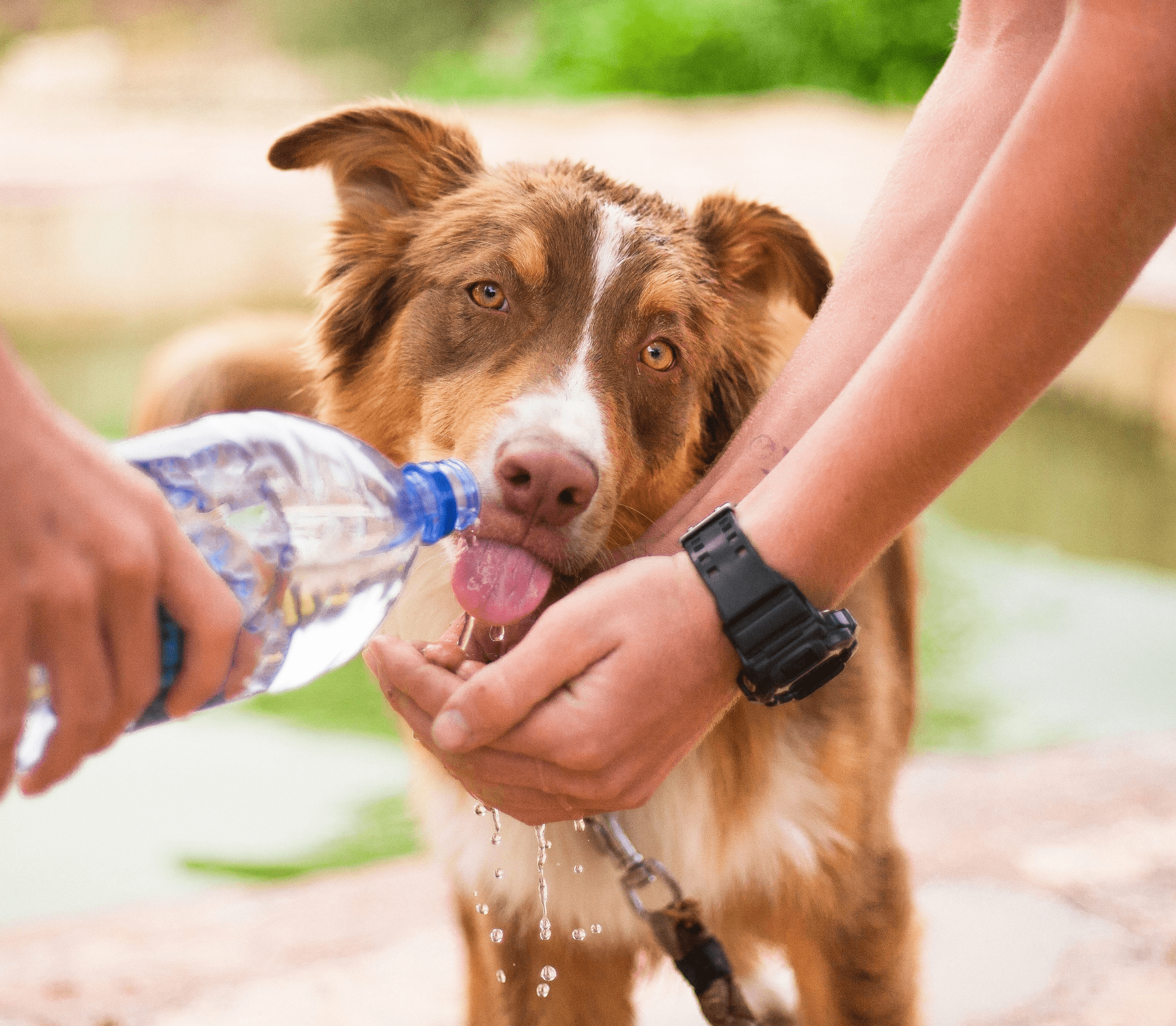Autumn Care for Cats
Autumn is here! The leaves are changing, and the temperatures are starting to drop. Just like all other seasons, fall brings its own set of concerns for pet owners to be aware of. If you have a kitty in your household, you may want to offer your furball some extra TLC at this time of year. Read on as a local Washington DC vet offers some tips on autumn cat care.
Keep Kitty Indoors
Cats are always safer indoors. However, autumn can be particularly dangerous for them. The cold is one issue. Temperatures can drop quickly at this time of year! Fluffy could also be threatened by a wild animal looking for a place to hunker down. Traffic, chemicals, and toxic plants are also very hazardous to our feline pals. Halloween is especially dangerous, particularly for black cats. Err on the side of caution, and keep your furry friend safe and sound indoors.
Comforts
Older cats often get quite stiff and sore in cold weather. If you know or suspect that your kitty has arthritis, schedule an appointment with your vet. There are things you can do to help keep Fluffy more comfortable. Supplements, massage, and laser therapy are all possible options. Ask your vet for recommendations.
Bedding
Make sure your feline buddy has a comfy bed to curl up in. Kitties are always on the hunt for places to sleep, so offer Fluffy some cozy napping spots that get sunbeam access.
Heating Elements
Candles, heaters, potpourri burners, and fireplaces all make your home warm and cozy. Just be sure to put these things in spots your furry pal can’t reach.
Parasite Control
As the weather cools, fleas and ticks will be looking for warmth and shelter. Keep up with your kitty’s parasite control products! We also recommend vacuuming regularly, and washing Fluffy’s bed every week or two.
Playtime
It’s no secret that our feline friends are very drowsy. Fluffy somehow manages to sleep even more than usual when it’s dreary out. Keep your kitty active by playing with her regularly. This will be both fun and beneficial for your pet. We suspect it will put a smile on your face as well!
Here at Brentwood Animal Hospital, your Washington DC vet clinic, we are dedicated to helping you keep your beloved pet happy and healthy. Please reach out if we can ever be of assistance.



